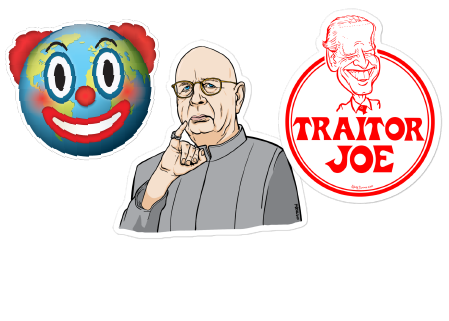Every piece I’ve bought has held up, looks great, and is actually comfortable to wear—can’t say that about a lot of brands. I’m hooked. Nothing else I’ve found comes close.
Internet Dark Ages
Rise of Social Media and the Role of Algorithms
Examples of Deplatforming and Censorship
Emergence of Cancel Culture
Growing Emphasis on Online Safety and Moderation
Impact on Political Discourse
Beneficiaries of Censorship and Repression
Government and Political Actors
Corporate Interests
Special Interest Groups
Malicious Actors
Addressing Concerns and Promoting Open Discourse
-
Enhancing transparency and accountability in content moderation policies and practices.
-
Promoting media literacy and education to help users discern credible information and identify disinformation.
-
Supporting independent and alternative media outlets to ensure a diversity of viewpoints and coverage of underrepresented issues.
-
Encouraging civic engagement and constructive dialogue across political divides to foster greater understanding and collaboration.
-
Developing technological solutions, such as decentralized platforms or encryption tools, to protect privacy and resist censorship.
Reviews
Finally, a brand that’s got some guts! I ordered a shirt just for laughs, but now I’m back getting them as gifts for the whole family. No cheap prints or lame designs—this is the real deal.
My husband loved it. One shirt had to be exchanged, but it was easy. Will buy again.
Tiger stripes! Another cool manics shirt. Thanks guys!
Savage designs. I occasionally wear my shirts to work under another shirt and smile. They finally have really nice heavy tees that don't feel stiff. I didn't like their old zip hoodies because they were too lightweight and made by American Apparel, but now they have heavier ones that hold up.
Great quality. Most ‘patriotic’ gear is all flash, no quality, but not Liberty Maniacs. They’re clever, sharp, and have a sense of humor without being tacky. Proud to wear this stuff.
Super soft and insanely comfortable! I love my shirt, and my husband loves his hoodie… or should I say my new hoodie since I keep ‘borrowing’ it while he’s at work. It's definitely our favorite brand now.
Nice quality, soft cozy material.
Will definitely buy more. Shipping came on time. The sizing was good, and I got a ton of compliments on it.
This shirt? Chef’s kiss. Rocked it around town, and let’s just say it got some looks—can’t argue with launching a few politicians via catapult. Soft as hell material. 10/10
Great fit and quality as always!
I've learned to be more discriminating about the companies I buy from. I've been happy with both orders. Keep up the good work.
Liberty Maniacs nails it with the patriotic gear. I got the shirt with Lysander Spooner, and it’s hands down my new favorite. Not only is the design legit, but it actually feels like a shirt I want to wear (super soft, if you’re wondering). Plus, half the fun is when someone recognizes it. Can’t wait to see what other historical gems they come out with!


















